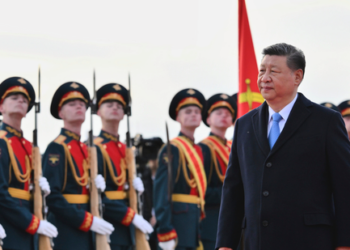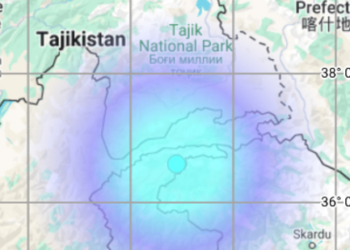In what has been deemed one of the most critical elections in decades, Poland’s ruling nationalists, Law and Justice (PiS), appeared to have lost their parliamentary majority. This shift has opened the door for opposition parties, led by the liberal Civic Coalition (KO), to potentially assume power, marking a significant political transformation in the country’s trajectory.
As late exit polls projected a favourable outcome for the opposition, calls were made for President Andrzej Duda to allow the democratic camp to nominate former European Council president Donald Tusk as the prime minister. Despite the incumbent’s inclination to grant PiS the first shot at forming a government, the path forward remains uncertain, with potential coalition formations and negotiations likely to unfold in the coming weeks or months.
The election saw a record turnout, with nearly 73% of eligible voters participating, the highest since the fall of communism in 1989. Long queues at polling stations, particularly in Wrocław, highlighted the determination and enthusiasm of the electorate, emphasizing the significance of the election’s outcome for the country’s future.
As the nation awaits official results, both the blue-chip WIG 20 share index and the zloty currency have seen positive gains, reflecting the market’s optimism and confidence in the potential political transition.
The potential shift in power marks a significant turning point for Poland, with implications for its relationship with the European Union and the trajectory of democratic norms within the nation. The outcome of the election holds significant ramifications for Poland’s domestic policy and its standing on the global stage.








 India
India












